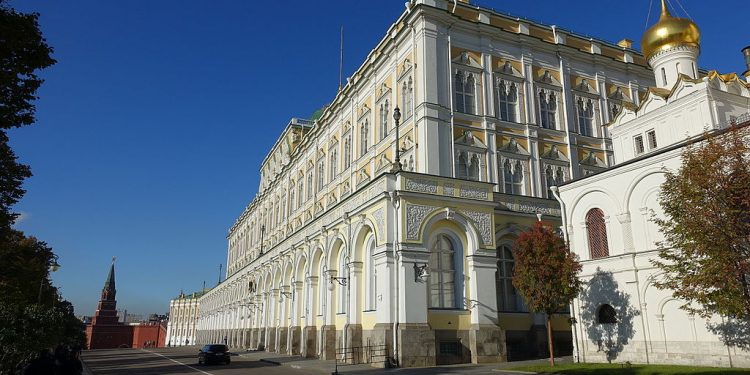Moscow: Foreign spies keen to get their hands on Russian research are monitoring Russian scientists around the clock, the Kremlin said Wednesday, after experts denounced a new security decree as a Soviet throwback.
The Kremlin’s comments came after scientists criticised a ministry directive calling on researchers not to meet foreign colleagues one-on-one and requesting filed reports after every encounter — even a cup of coffee.
“Of course we must be somewhat vigilant, because foreign special services are on alert,” said President Vladimir Putin’s spokesman Dmitry Peskov when questioned on the decree from the science and education ministry.
“There is such a thing as scientific and industrial espionage,” Peskov said. “It exists 24/7 and is targeting our scientists, especially young scientists.”
He noted however that some of the decree’s provisions ‘sound excessive’ adding that Russia “should not be bound by some rules that won’t lead to anything good.” The decree recommending new rules on contacting foreign scientists — or Russian scientists working for foreign institutions — was made public by Alexander Fradkov from a mechanical engineering institute.
He called the rules ‘absurd’ and urged authorities to retract them.
Another scientist working in a physics institute confirmed to AFP that the decree — which is marked for internal use — is real.
The document imposes significant red tape on any visits by foreigners into Russian institutes, asking that they are always accompanied by a designated employee.
It requests special restrictions on their use of computers, phones and other devices, including watches and binoculars.
Fradkov told AFP that the decree reminds him of Soviet-era rules which asked that researchers always met with foreigners along with a colleague, so that one scientist could report on the other if necessary.
“All science is built on communication and exchange of information,” he told AFP. “If you go by the decree, then even having a cup of coffee with a foreign colleague requires a report afterwards.”
Wednesday, the deputy chief of Russia’s Academy of Sciences Alexei Khokhlov joined the criticism of the decree, writing on Facebook that it goes against the government’s goals to increase the number of foreign students and ease their subsequent employment in Russia.
The science and education ministry on Wednesday argued that the decree ‘reflected global practice’ on international scientific conduct, according to a statement quoted by TASS agency.
AFP







































